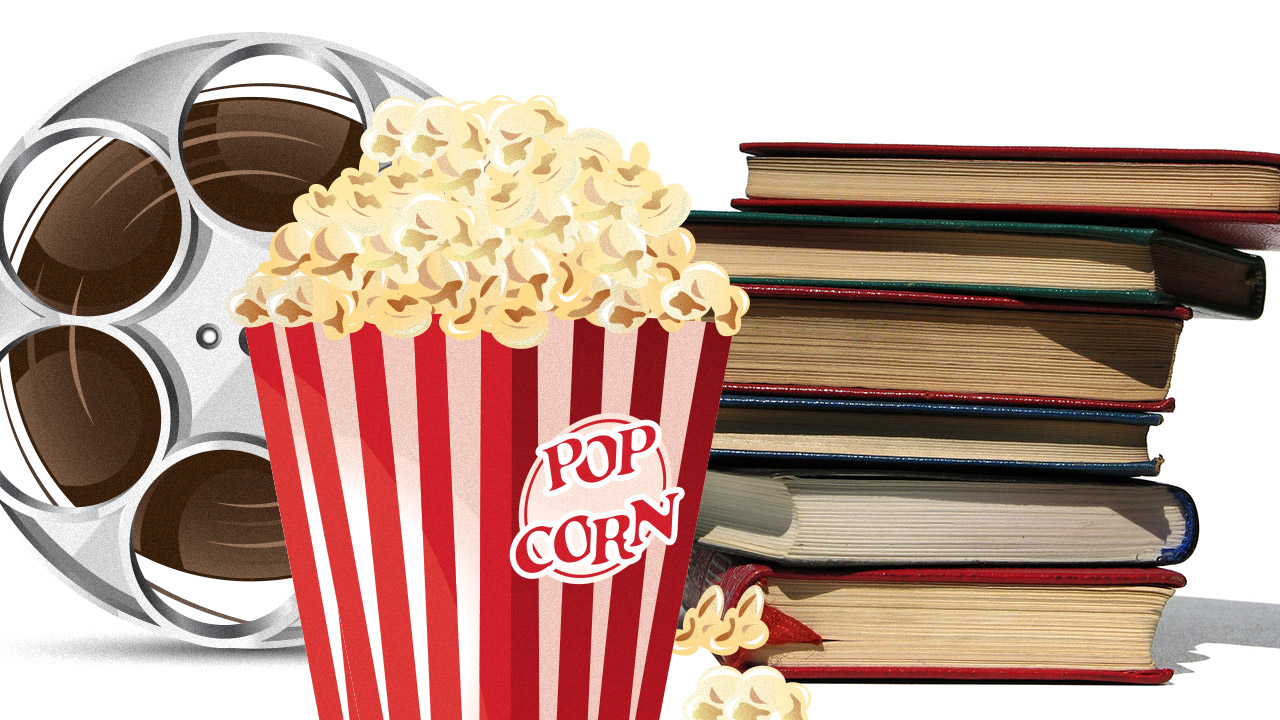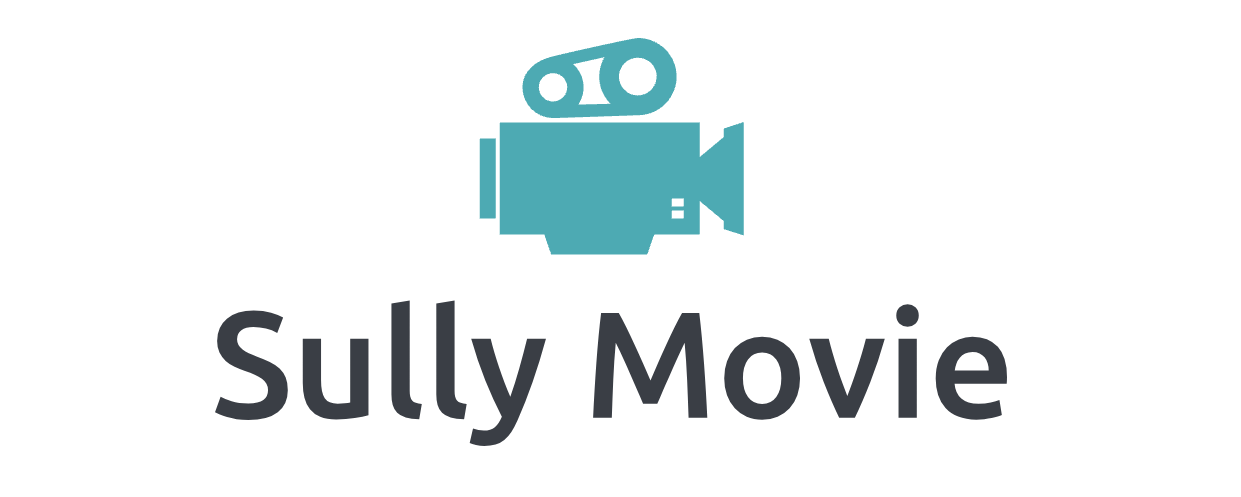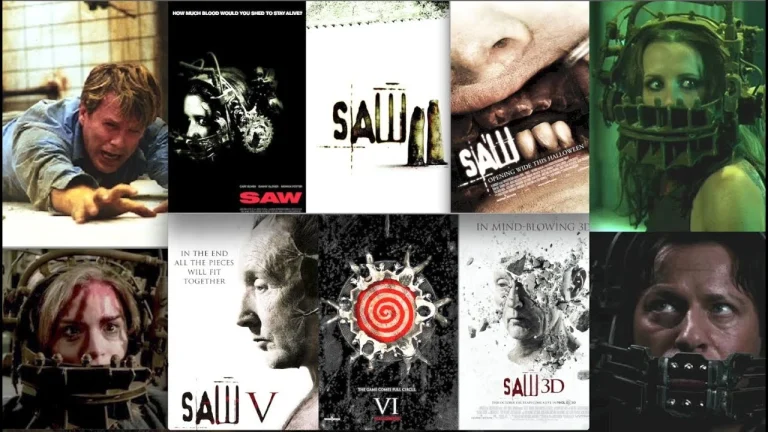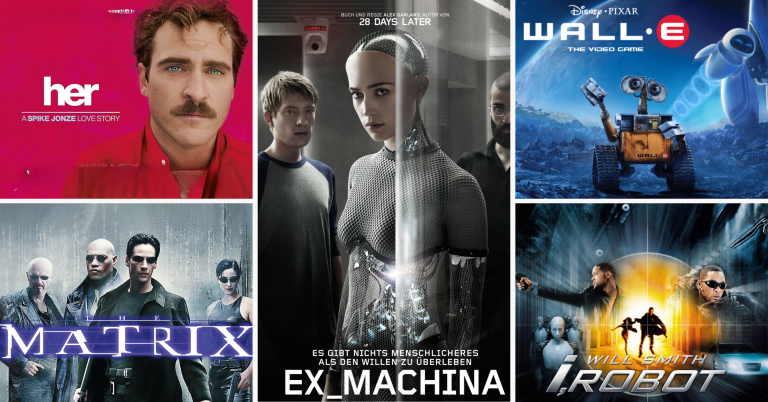Are Books Better Than Movies?
Ever found yourself caught in the age-old debate of books versus movies? You’re not alone. It’s a hot topic that elicits strong opinions from both sides of the aisle. Some argue that books, with their ability to look into a character’s inner thoughts and emotions, offer a richer, more immersive experience. They say that a good book can transport you to different worlds, letting you walk a mile in someone else’s shoes.
On the other hand, there’s a camp that believes movies, with their visual and auditory elements, can bring a story to life in a way that books can’t. They argue that nothing beats the magic of seeing your favorite characters come alive on the big screen. So, where do you stand in this debate? Let’s take a closer look at both sides of the argument.

Contents
Are Books Better Than Movies?
Whether books are better than movies is a subjective opinion, and there’s no definitive answer. Both books and movies offer unique storytelling experiences with their own strengths and weaknesses. Here’s a breakdown to help you decide which format you prefer:
Advantages of Books:
- In-depth Exploration: Books allow for a deeper look into characters’ thoughts, emotions, and motivations. You can spend more time in the fictional world and develop a stronger connection with the story.
- Fueling Imagination: Books paint a picture with words, letting your imagination create the setting, characters, and atmosphere. This can be a more personal and engaging experience.
- Enhanced Vocabulary: Reading exposes you to a wider range of vocabulary and writing styles, improving your own language skills.
- Pacing Control: You control the reading pace, allowing you to savor certain passages or skim over less interesting parts.
- Distraction-Free: Reading allows for a more focused and distraction-free experience compared to movies with their visuals, sounds, and special effects.

Advantages of Movies:
- Visual Spectacle: Movies can bring stories to life with stunning visuals, special effects, and elaborate set design. They can offer a more immersive and sensory experience.
- Accessibility: Movies can be easier to consume for people who dislike reading or struggle with processing written text.
- Emotional Impact: Movies can use powerful visuals, music, and acting to deliver a more immediate emotional impact.
- Social Experience: Watching movies can be a shared social experience, allowing you to discuss the plot, characters, and themes with others.
Choosing Your Format:
- Consider the Story: Some stories are better suited to one format or the other. If the story relies heavily on internal monologues or detailed descriptions, a book might be a better choice. Conversely, a visually spectacular story might be best experienced as a movie.
- Personal Preference: Ultimately, the best format depends on your individual preferences. Do you enjoy using your imagination and getting lost in a world of words? Or do you prefer a more visual and immediate storytelling experience?
Books and movies are complementary forms of art, not necessarily competing ones. You can enjoy the unique strengths of both formats depending on your mood and the story you’re interested in experiencing.
Why Books Could Be Better Than Movies?
Here’s a deeper look into why some people might prefer books over movies:

Richer Inner World:
- Character Depth: Books allow authors to look into characters’ thoughts, feelings, and motivations in a way that movies can’t fully capture. You can experience the story through the characters’ eyes, forming a deeper emotional connection.
- World Building: Detailed descriptions paint a vivid picture of the setting, atmosphere, and social constructs within the story’s world. This immersive quality can feel more real and engaging than what a movie can visually portray within a limited timeframe.
Fueling Imagination:
- Active Participation: Readers actively participate in creating the story by using their imagination to visualize characters, settings, and events. This personalizes the experience and makes the story more memorable.
- Unlimited Creativity: The written word isn’t limited by special effects or CGI budgets. Authors can describe fantastical creatures, landscapes, and scenarios that would be impossible or incredibly expensive to create visually in a movie.
Enhanced Literacy Skills:
- Vocabulary Expansion: Reading exposes you to a wider range of vocabulary and writing styles, which can improve your own communication and comprehension skills.
- Focus and Attention Span: In today’s fast-paced world, reading books strengthens your ability to focus and concentrate for extended periods.
Control and Personalization:
- Reading Pace: You control the speed at which you consume the story. You can linger on passages that resonate with you or skim through less interesting parts.
- Distraction-Free Zone: Unlike movies with sights, sounds, and special effects, books offer a distraction-free experience that allows for deeper contemplation and absorption of the story.
Frequently Asked Questions
Does reading offer more benefits than watching movies?
Yes, research shows that reading has several benefits such as stimulating your mind, reducing stress, expanding your vocabulary, improving your memory, and enhancing your analytical thinking skills. It’s an active process compared to watching movies, which is more passive.
Does the Harry Potter book offer a better experience than the movie?
While the Harry Potter books contain more detailed narratives, the films complement this by using visual effects, music, and body language to express character development and world-building. Both mediums provide unique experiences and contribute to the overall appreciation of the Harry Potter series.
Why do books and movies offer different experiences?
Books stimulate imagination, allowing readers to craft their personal view of characters and settings. On the other hand, movies provide a director’s visual interpretation of the same elements, offering a different form of immersion into the story.
Can reading contribute to preventing Alzheimer’s?
Research suggests that reading can stimulate mental activity, reducing the risk of Alzheimer’s. However, more definitive research is needed to fully understand this correlation.
What are some advantages of reading books?
Reading provides several benefits such as mental stimulation, stress reduction, knowledge acquisition, vocabulary expansion, memory improvement, and improved analytical thinking skills. It not only promotes better focus and concentration but also fosters a deep, personalized connection with the story.

I’m Elena Finley, a writer and English Literature student with a heart full of wanderlust and words. Singing is my escape, and football is my thrill. I’m an explorer at heart, constantly seeking new horizons and experiences. My love for movies is as vast as my desire to travel, leading me to write blogs where I share my cinematic adventures. Every day is an adventure and I’m excited to see where it takes me!






